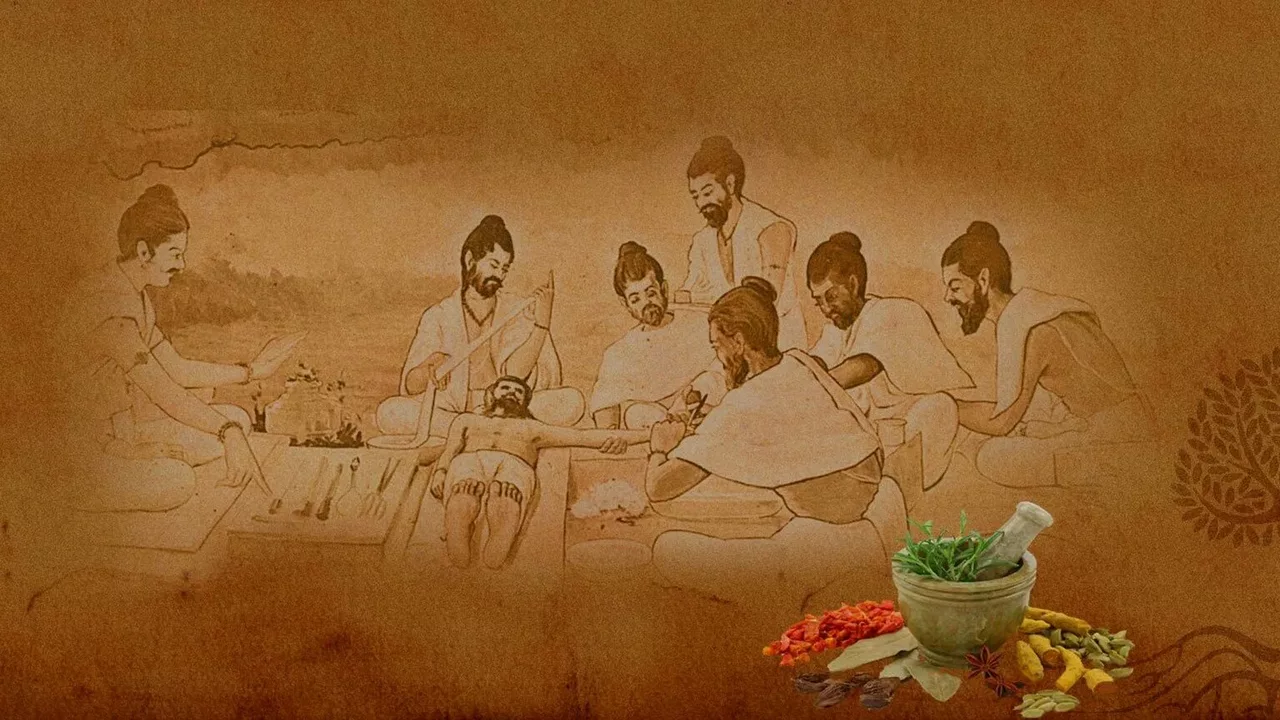Ancient Remedies: What Works, What’s Safe, and How to Use Them
Old cures still pop up in modern medicine for a reason. Honey speeds wound healing, ginger eases nausea, and turmeric shows anti-inflammatory effects in some studies. But old doesn’t mean harmless. Use these remedies smartly: know the dose, watch for interactions, and don’t replace proven treatments when you or someone’s health is on the line.
Start with clear, practical choices. For upset stomach or travel nausea, try ginger tea or chewable ginger in small amounts. For mild sore throat or minor cuts, medical-grade honey can help. If you consider turmeric for joint pain, pick a supplement with a standardized curcumin extract and expect gradual improvement over weeks, not overnight relief.
Safety rules matter. Herbs and supplements can interact with prescription drugs, change lab results, or worsen conditions. St. John’s Wort can make many meds less effective. Ginkgo and garlic may affect blood clotting. If you take blood thinners, diabetes drugs, or strong heart medicines, check with your doctor or pharmacist before starting anything new.
Choose quality over hype. Look for third-party testing (USP, NSF, ConsumerLab) and clear labels that list active ingredients and strength. Avoid products making big promises like “cures cancer” or “instant weight loss.” For topical plant extracts, do a patch test first to check for allergic reactions.
Be realistic about dosing. More isn’t better. Start at a low dose, track effects for a week or two, and only increase if needed and safe. Keep a simple diary: what you took, dose, timing, and any side effects. That helps your clinician troubleshoot if something goes wrong.
Know when to stop or avoid them. Pregnant and breastfeeding people, infants, and people with severe liver, kidney, or heart disease should skip most over-the-counter herbal remedies unless a clinician approves them. If you see rash, severe stomach upset, bleeding, or new symptoms after starting an herb, stop and seek medical advice.
Quick practical rules
1) Use remedies to support, not replace, prescribed treatments. 2) Check interactions with a pharmacist. 3) Buy products with third-party testing. 4) Start low and monitor. 5) Give time—many herbs take weeks. 6) Stop if you get worse.
Where to learn more on this site
We cover plant-based options and how they fit with modern meds — read our guides on bergamot for cholesterol support, chlorella for detox and nutrition, and vitamins that help fertility. You’ll also find articles about drug interactions and safety, like mixing reflux meds with alcohol or protecting skin when using active ingredients. Use this tag to browse related posts and always cross-check what you read with reliable sources like PubMed or your local health service.
Want help picking a safe supplement? Ask your pharmacist for brands they trust or bring your supplement list to your next appointment. Ancient remedies can help when used carefully — but the smart move is to pair tradition with modern safety checks.

